01/6How to respond when your kid says, "I hate you"
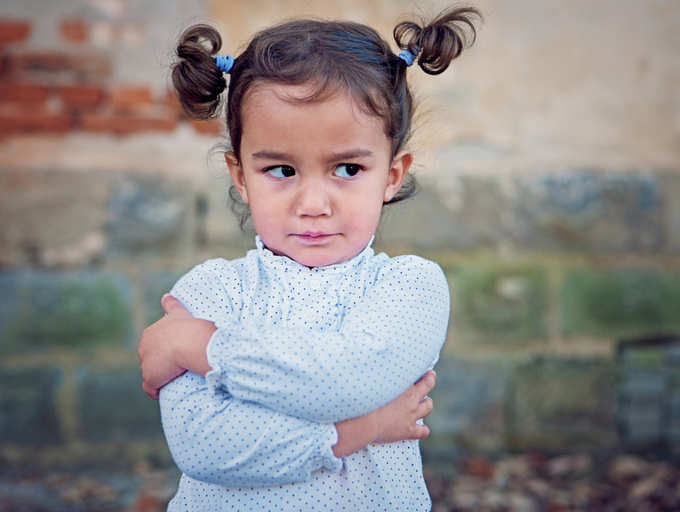
No doubt, it can be hurting and soul-crushing when your child utters such words for you, no matter how young or old he is. But you need to stay calm as your response can make all the difference.
As a parent, we work extremely hard to give your child the best possible life – feeding them, dropping them to school, helping them with their homework and staying up all night when they are sick, we do everything as part of our never-ending responsibilities as a parent.
And the last thing we expect our child to say is, “I hate you”. But it might happen, no matter how hard you try to give your kids the best life. We hope you never have to hear such hurtful words from your child, but if you do, you should know how to pull yourself together and respond appropriately.
02/6First step


First of all, do not take it too hard and focus on figuring out what exactly is your child trying to express. Calm down, take a moment to collect your thoughts before you respond.
03/6When a younger child says “I hate you”


When a child says so, it’s usually a cry for help and they really do not understand the meaning of the words. Many times, kids push away those whom they need the most. Find out what your child is telling you and give them time to figure out what they are actually feeling.
04/6You can ask your child questions like…


Why are you upset with me?
Are you feeling sad or angry?
What can I do to help you?
Are you feeling powerless?
According to experts, “I hate you” is simply an attempt by the child who doesn’t know how to put emotions in words and express himself.
05/6When a teenager says, “I hate you”


It can get a little tricky when your older child says such words to you because they might consciously and purposely be using these words. An older child might mean more with hate word because he knows what the word means and how it can make you feel hurtful. This isn’t to say that your child is enjoying hurting you, but he clearly knows the implication of the word.
In such a situation, it’s better to cool down before you say something or discuss about it with your child. Let them know you want to know what’s wrong, but as long as they are angry, you don’t want to speak to them.
Once the situation is better, you can tell your child that the words were hurtful and next time if they say so, there can be consequences (If there is a next time, make sure to follow through on consequences). You have to make it clear that this is not just a way to communicate pain but a way to inflict pain.
06/6Ask your teen these questions:


You know how strong the word hate is, so, why are you using it?
What should we do that it never happens again?
The consequences they have to face if they say it the next time
What can I do for you to make you feel better?
No matter what's the age of your child, do not run away from the situation by giving them the silent treatment or by telling them you hate them too. Also, it’s not a good idea to tell your kids things like “how dare you say such a thing when you do so much for them” as this is shaming your child, which can make the situation worse.
You can also discuss it with your friends who have kids of similar age and might have faced something same. After all, being a parent is never easy.







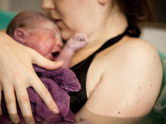



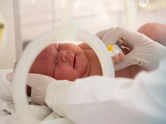





















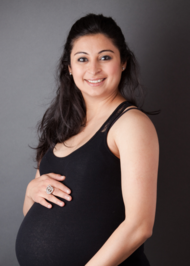














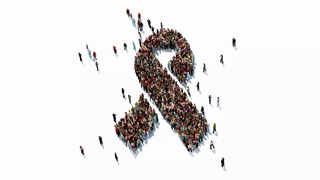
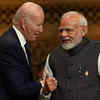


closecomments
SIGN IN WITH
GoogleEmail